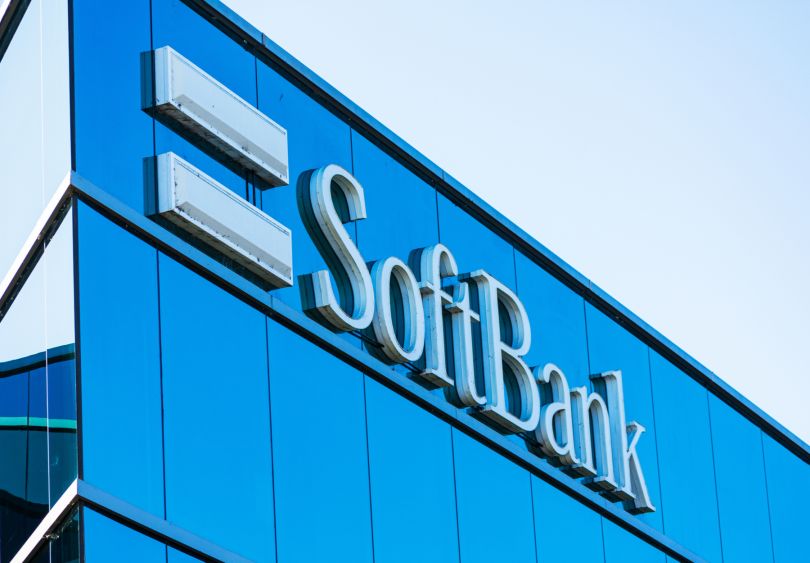
Growing up in South Africa, Zubin Bhettay broke the mold of fierce racial apartheid when he was one of the first black people to attend a white school. Once he graduated, he said he moved to the United States because he didn’t want his future to be a foregone conclusion because of the color of his skin. But when the startup founder entered American venture capitalist spaces, Bhettay still found himself as the only black man in the room.
“Every founder, regardless of color, has imposter syndrome,” Bhettay told Built In. “But it becomes so much more amplified when essentially the way that you look, the way that you carry yourself, is seen as foreign in that environment.”
Bhettay is the CEO of Fuzzy Pet Health, a San Francisco-based pet healthcare startup that is hiring for senior and mobile engineers, as well as a director of customer experience. Bhettay estimated that just 1 percent of the venture capital industry is comprised by people of color. But on Wednesday, he said things took a step in the right direction when SoftBank announced it was launching a $100 million fund dedicated to investing only in startups led by founders of color. Named “The Opportunity Growth Fund,” SoftBank said the effort represents the largest fund dedicated solely to investing in entrepreneurs from minority backgrounds.
“VC-backed startups are overwhelmingly white, male and Ivy League-educated and based in Silicon Valley. Just 1 percent of VC-backed founders are black,” CEO Marcelo Claure wrote in a note to employees.
“Founders and entrepreneurs of color have so much potential, but they face unfair barriers that white founders don’t face. This is our opportunity to remove those barriers for a new generation of founders,” he continued.
Claure wrote that he was inspired to launch the fund after the killing of George Floyd, an unarmed black man, at the hands of police. A portion of money generated by the fund will be donated to organizations focused on creating opportunities for people of color, and half of its gains will be reinvested in similar SoftBank funds. The fund will also not take a traditional management fee.
Bhettay said he welcomed the Japanese venture capital company’s announcement, though he also fears the news could just be virtue signaling.
“The more capital that is committed to funding previously underrepresented folks, or folks that have been subjected to inadvertent bias or racial bias, is a huge deal,” Bhettay said. “What I wouldn’t want it to be is a token gesture, or PR exercise to distract from the challenging elements SoftBank has faced in the past.”
The new fund represents the third investment vehicle announced by SoftBank over the last few years. The business’ largest fund is the $100 billion Vision Fund and, last year, the firm announced the creation of a $2 billion Innovation Fund focused on Latin America. Just a few weeks ago, the CEO of Banjo, one of SoftBank’s portfolio companies, resigned after he was revealed to be a member of the Ku Klux Klan.
In addition to the new fund, SoftBank will also establish a dedicated diversity and inclusion program with the aim of hiring more candidates from underrepresented groups, particularly for leadership and board seats at venture capital firm and portfolio companies. The VC firm also recently launched Emerge, an accelerator and mentorship program for underrepresented founders.
Claure will co-lead the fund alongside SoftBank’s Shu Nyatta. Stacy Brown-Philpot, CEO of TaskRabbit, and Paul Judge, partner at TechSquare Labs and executive chairman of Pindrop, will join the fund’s investment committee.
When it comes to tech companies and leaders working to address the lack of diversity in the industry in response to the surge of protests for racial justice, Bhettay hopes companies will favor action that is genuinely transformative. SoftBank’s action, he feels, goes further than most so far.
“There have been a lot of announcements made without clear action, like ‘We’re sad about what happened.’ But what happens next?” Bhettay said. “Every dollar you spend is a vote you’re casting for the world you want in the future. SoftBank doing that is sending a powerful message.”




